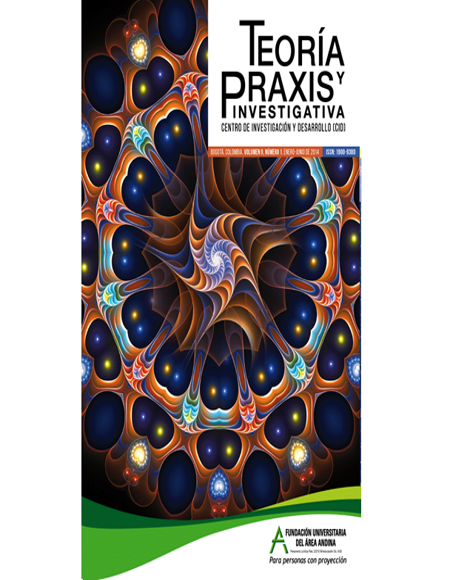Resumen
El presente artículo expone los resultados de la investigación realizada a un grupo de 10 Pequeñas y Medianas Empresas (PYMES) proveedoras de servicios del sector Hidrocarburos, con presencia en la ciudad de Yopal Casanare. El objetivo del estudio es medir y comparar el estado de la Gestión Sostenible y de la Asociatividad de las empresas en cuestión. Para ello, se presenta el análisis comparativo de la medición y se contrastan los resultados obtenidos con las políticas generales de distinción de proveedores, propuestas por las compañías explotadoras de hidrocarburos a nivel nacional. En la evaluación fue utilizado el Modelo de Indicadores de Gestión Sostenible y Asociatividad (MIGSA), que se caracteriza por arrojar un indicador cuantitativo para cada una de las PYMES elegidas. Estas fueron seleccionadas por tener el mayor grado de relación comercial con el sector. El estudio concluye que el sector que presenta más adelantos en el cumplimiento de las dimensiones medidas es el de transporte.
Abstract
his paper presents the results of research carried out to a group of 10 small and medium enterprises (SMEs) that provide services of the hydrocarbon sector, with a presence in the city of Yopal Casanare. The aim of the study is to measure and compare the state of the Sustainable Management and Associativity of the companies concerned. For this, the comparative analysis of the measurement is presented and the results obtained with the general policies of providers distinction proposed by hydrocarbon companies that operate nationwide, are contrasted. In the evaluation, the Indicators Model of Sustainable Management and Associativity (IMSMA), which is characterized by giving a quantitative indicator for each of SMEs chosen, was used. They were selected for having the highest grade of business relationship with the sector. The study concludes that the sector with more progress in fulfilling the measured dimensions is the transport.
Keywords: Associativity, Sustainable Management, SMEs, Hydrocarbon sector.

 PDF
PDF
 FLIP
FLIP







